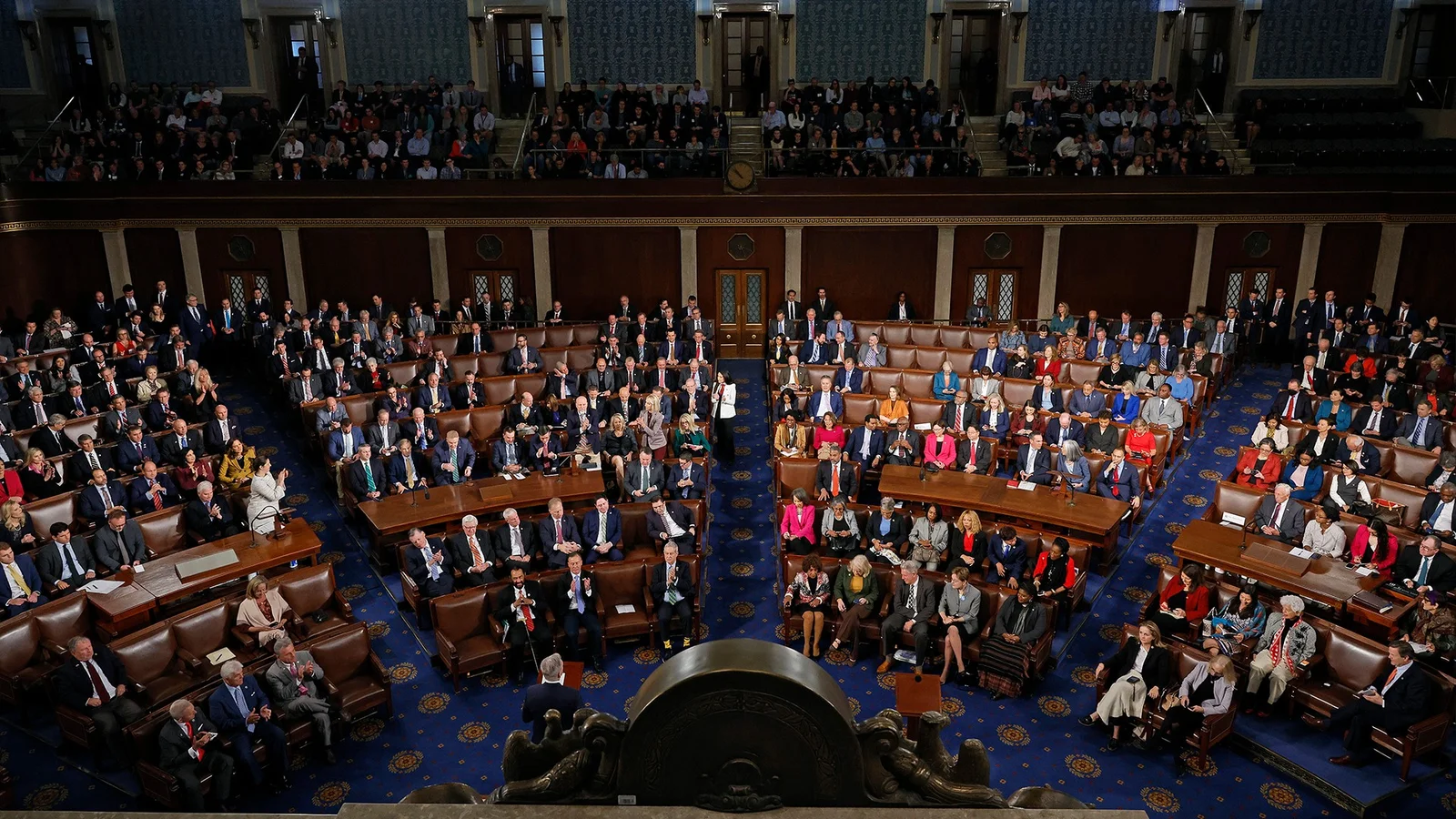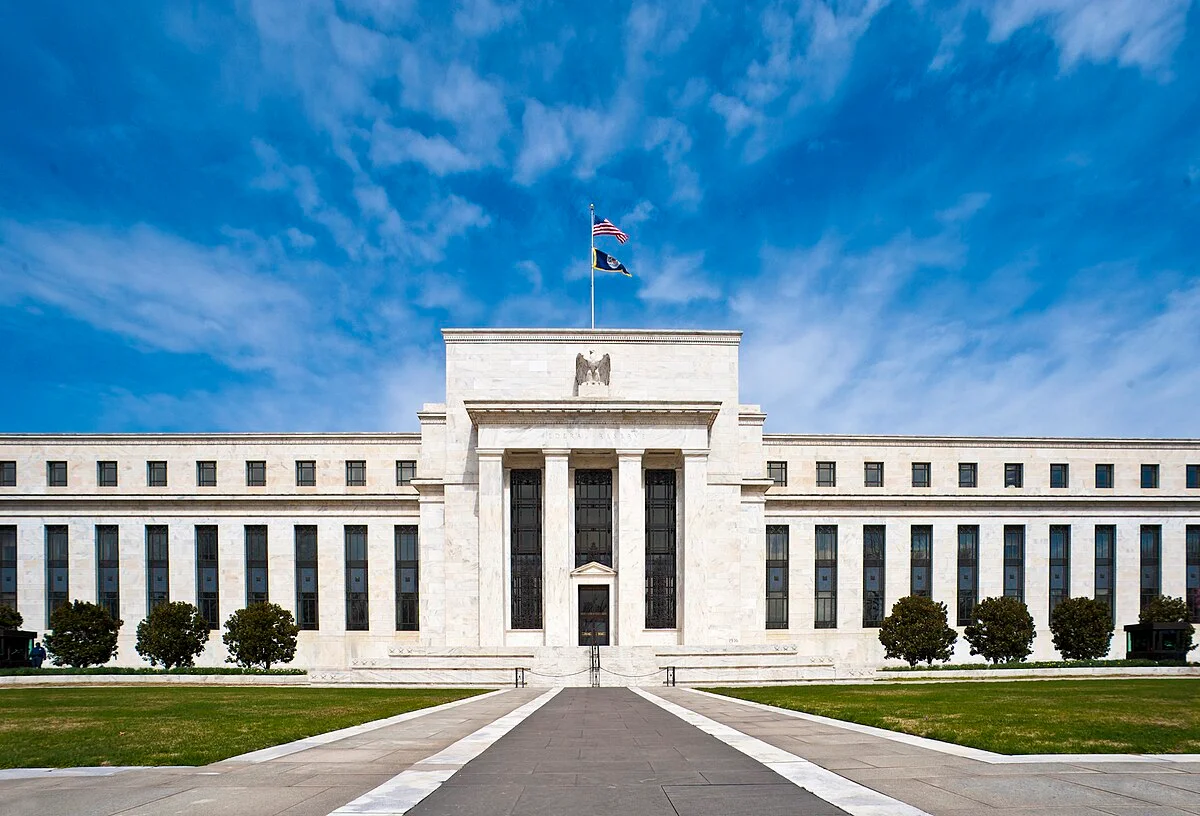A historic step towards regulating the stablecoin market in the US is about to be taken. The Senate is set to vote on the GENIUS Act bill, which would establish the first national regulatory framework for crypto assets across the country. In a fast-moving legislative process on Monday, Senate Deputy Majority Leader John Thune filed a cloture motion for both the bill and a key amendment. According to Senate rules, a limited 30-hour debate period begins after this application, at the end of which the final vote could take place on Wednesday.
What is the GENIUS Act?
The GENIUS Act is the first comprehensive regulatory framework for stablecoins in the United States. The bill, which has been shaped with bipartisan support for a long time, was reorganized in line with feedback from the finance, technology and banking sectors. In this process, Amendment 2307, submitted by Senator Bill Hagerty, restructured the key points of the bill and helped it gain wider support.

Amendment 2307 introduces two different audit models for stablecoin issuers. Accordingly, companies with a market capitalization of less than $10 billion would be subject to a state-based regulatory regime. However, companies that exceed this threshold will be directly subject to a federal-level supervisory framework.
Furthermore, stablecoins will be required to hold reserves in a one-to-one ratio of US dollars or short-term liquid assets. To increase transparency, companies are required to submit public reports every month.
Restriction on interest-bearing stablecoins and foreign assets
Another noteworthy aspect of the bill is the ban on interest-bearing stablecoins. This clause, which came to the fore in discussions with the banking sector, aims to prevent stablecoins from competing with traditional bank deposits. This is a regulation that aims to protect the role of banks in the money market.
There are also restrictions on foreign-originated stablecoins. Foreign stablecoins without equivalent regulatory frameworks will be prevented from entering the US market. Lawmakers argue that this step is necessary for national security and financial stability.
The bill also prohibits the executive branch from launching or introducing a digital dollar-like national stablecoin. Only Congress would have that authority. This clause received bipartisan support in order to provide a check on the power over monetary policy.
If the vote reaches 60 votes, the Senate will move to a final vote on both the amendment and the bill. Given the bipartisan support so far, no major opposition is expected. It is highly likely that the bill will pass before the 30-hour debate period is completed.
After passing through the Senate, the bill will be transferred to the House of Representatives. There, it needs to be harmonized with the STABLE Act, which is currently under committee review. The two pieces of legislation will then be combined in a conference committee and the final version will be presented to the President for his approval.




